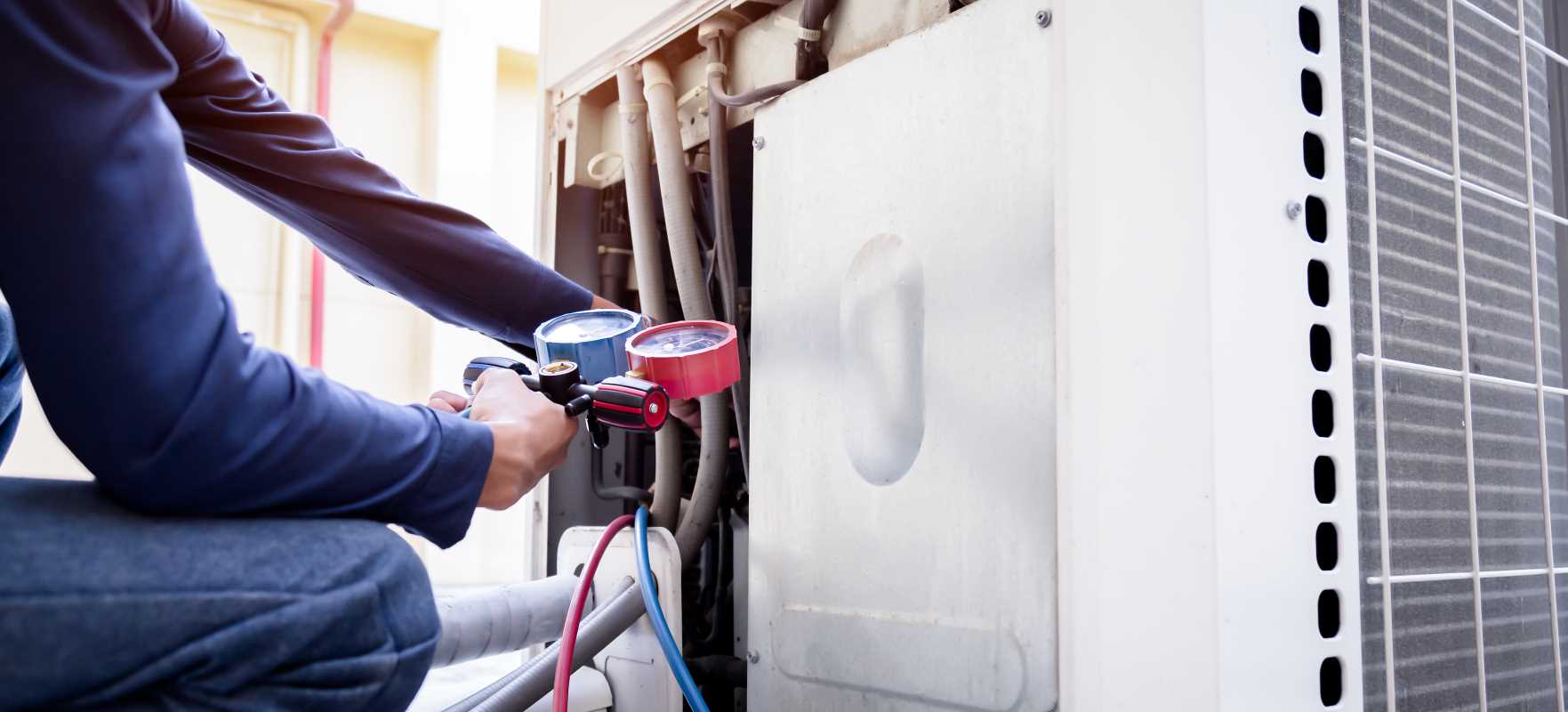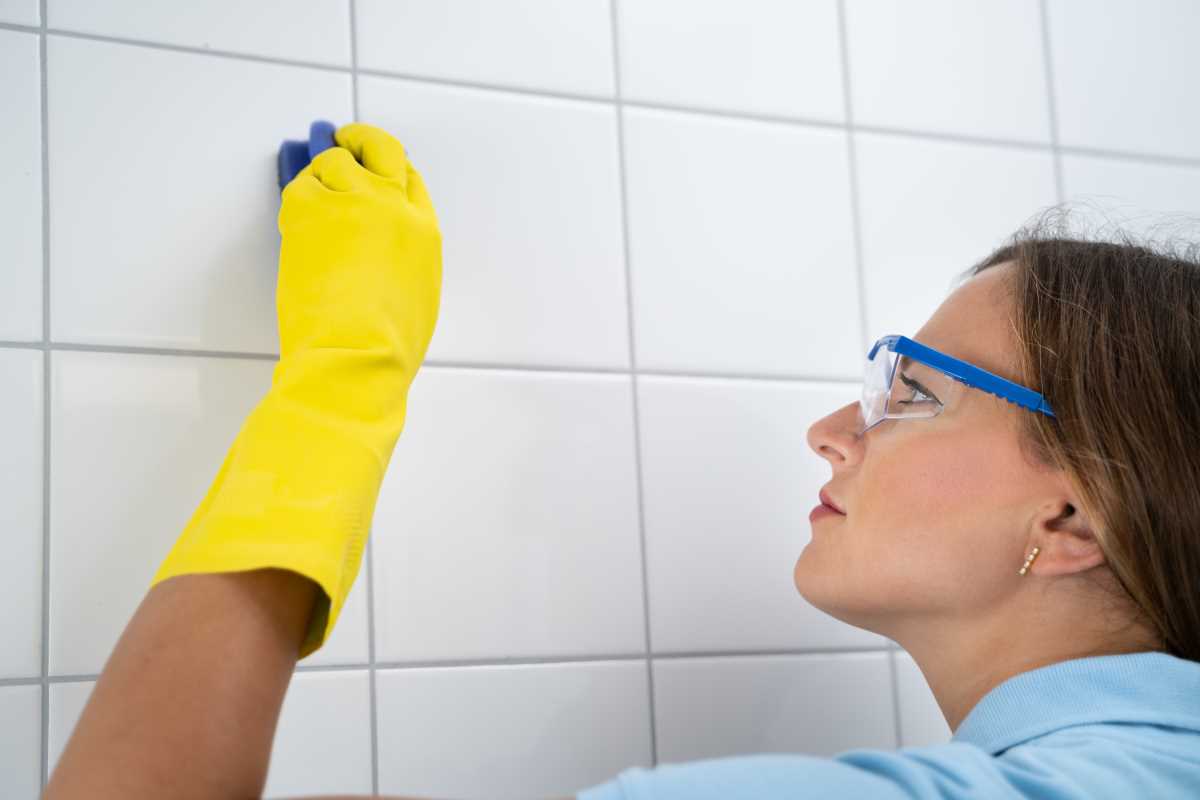Nothing is worse than it being the middle of summer and your HVAC system suddenly stops working. Panic sets in as the temperature in your home becomes unbearable, and you’re left scrambling for a quick fix. Emergency HVAC service calls often feel like a necessary evil, but they can come with sky-high repair bills if you’re not prepared. What’s worse, many homeowners unknowingly fall into common traps that lead to overpaying. The good news? You can avoid these costly mistakes. By understanding how emergency repair pricing works, knowing your options, and taking proactive steps, you’ll save yourself from unnecessary stress and expenses.
Common Traps That Lead to Overpaying
Knowing where homeowners tend to overspend during emergency HVAC situations can help you avoid falling for the same pitfalls.
- Agreeing to Repairs Without a Second Opinion: A technician may pressure you to approve costly repairs immediately, claiming it’s your only option. Taking a step back can reveal alternatives or better pricing.
- Lack of Familiarity With Costs: Many homeowners don’t know the typical price range for HVAC parts and labor, making it easier for companies to overcharge.
- Skipping a Maintenance Plan: Without a maintenance agreement, you’ll likely pay premium rates for emergencies that regular servicing could have avoided.
- Unaware of Hidden Fees: Emergency service charges, trip fees, or after-hours premiums can quickly add up, so reviewing itemized bills is essential.
Proactive Steps to Save on HVAC Emergency Calls
The best way to avoid overpaying is to prepare before you’re in crisis mode. Here are actionable steps to save money while still getting prompt service for your HVAC system.
1. Build a Relationship With a Trusted HVAC Company
Start by researching reliable HVAC contractors in your area and establishing a relationship with one. When your system is working fine, you have the time to compare services, read reviews, and ask questions about pricing policies without pressure.
- Look for licensed, insured companies with certified technicians.
- Ask about their standard rates and what they charge for emergencies.
- Sign up for annual maintenance plans if offered, which often include discounts on repairs.
Building this rapport makes it more likely they’ll prioritize your call during emergencies without taking advantage of the situation.
2. Know the Basics of Your HVAC System
You don’t need to be an HVAC expert, but understanding some basics can help avoid unnecessary repairs. Learn the following about your system to better communicate with technicians:
- The type of HVAC unit you have (e.g., central air, mini-split, heat pump).
- The model and age to gauge if repairs or replacements make sense.
- Warning signs that indicate common issues, like strange noises or inconsistent airflow.
When you can provide accurate information, you’re less likely to be hit with unnecessary diagnostics or services.
3. Request an Itemized Estimate
Before agreeing to repairs, ask for a written, itemized estimate. This breakdown will show the cost of parts, labor, and additional fees like emergency charges. Reviewing the details will help you spot excessive markups or unnecessary services.
Here’s what to pay attention to in an estimate or invoice:
- Hourly labor rates.
- Cost of replacement parts (compare them online for accuracy).
- Additional fees, like trip charges or after-hours surcharges.
If anything seems off or unclear, ask questions. Honest contractors will take the time to explain.
4. Compare Prices for Repairs
It might not seem feasible during an HVAC emergency, but contacting more than one company for a quote can save a lot of money. Many homeowners are surprised to find significant price differences between contractors for the same repair. Some companies even offer free second opinions, especially for major repairs or replacements like compressors or blower motors. A quick call could prevent you from spending hundreds more than necessary.
5. Understand Warranty Coverage
Warranties could cover some of your repair costs, but they are often overlooked during emergencies. HVAC manufacturers typically offer warranties for parts, while some companies also provide labor warranties for installations. Keep the following in mind:
- Check your system’s warranty to see what’s covered.
- Communicate the warranty details to your HVAC technician to avoid paying for a part that should be free.
- Make sure the work done doesn’t void any existing warranty terms.
Keeping warranty information handy can be a lifesaver during costly repairs.
6. Don’t Settle for “Quick Fixes”
Temporary solutions might seem appealing in the middle of an emergency, but they often lead to larger, more expensive repairs down the line. Don't hesitate to ask if a repair is meant to be temporary or permanent. Things like patching a leaking refrigerant line may solve the issue short-term, but replacing it entirely provides long-term reliability.
7. Opt for Maintenance Plans
Annual HVAC maintenance plans often include perks that prevent emergency repairs in the first place. These usually cost $150–$300 per year and can deliver significant savings over time. Common benefits include:
- Priority scheduling during emergencies.
- Discounts on repair services.
- Free system inspections that catch issues early.
8. Plan Ahead for Non-Urgent Repairs
If your system is functional but struggling, consider scheduling repairs during regular business hours instead of waiting for a failure. Most components fail gradually, and addressing minor problems early can save you the premium costs of after-hours service.
What to Do During an HVAC Emergency
Some emergency scenarios are unavoidable, but staying calm and following these steps can help keep costs under control without sacrificing quality.
- Ask About Fees
- Confirm the contractor’s emergency fees upfront to avoid surprises on the bill.
- Turn Off the System
- Prevent further damage while waiting for a technician by turning your HVAC system off.
- Inquire About Temporary Fixes
- Skilled technicians might suggest temporary solutions to restore comfort while you plan for permanent repairs.
 (Image via
(Image via





